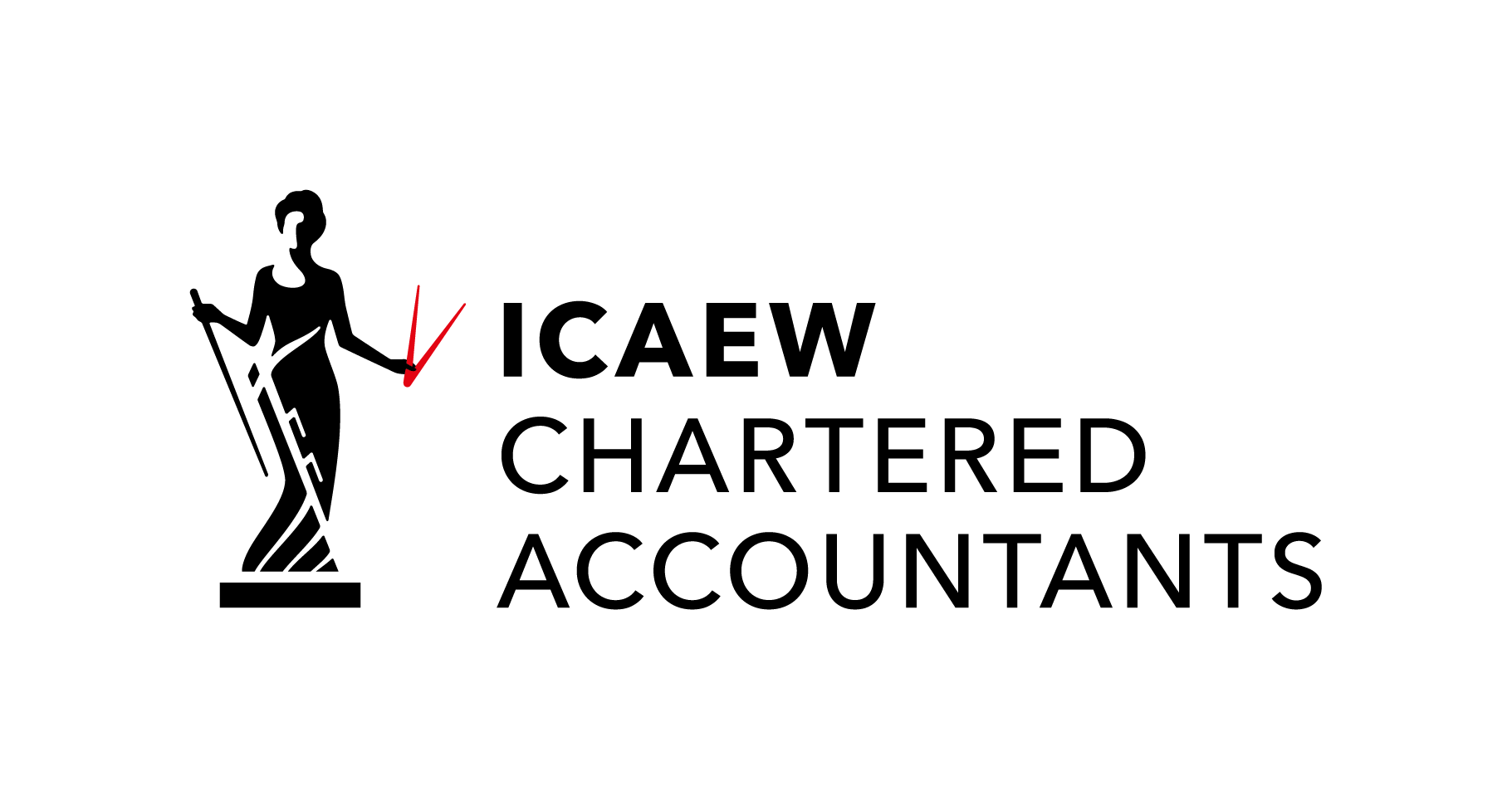HMRC is currently investigating a large number of tax advisors and their clients who are suspected of concealing untaxed income and assets in off-shore tax havens.
Due to their recent success in reaching tax accords with off-shore jurisdictions HMRC are now working their way through 400 gigabytes of data. The data has revealed the use of complex structures to conceal assets in Singapore, the British Virgin Islands, the Cayman and Cook Islands.
Apparently HMRC is working with the US and Australian tax authorities to make sense of the data and so far there have been no comments offered as to the source of the data being investigated.
Jennie Granger, a HMRC commissioner, is quoted as saying:
“These arrangements may be perfectly legitimate and may already have been declared to HMRC. However they may involve tax evasion, avoidance or other serious offences by taxpayers. What has to stop is using offshore structures to illegally hide assets and income."
Interestingly, HMRC have made it clear that they will not only be contacting over 100 individuals already discovered during their research, but also more than 200 professional advisors who were involved in the set-up, promotion and implementation of the schemes.


 © Daly, Hoggett & Co. All rights reserved
© Daly, Hoggett & Co. All rights reserved